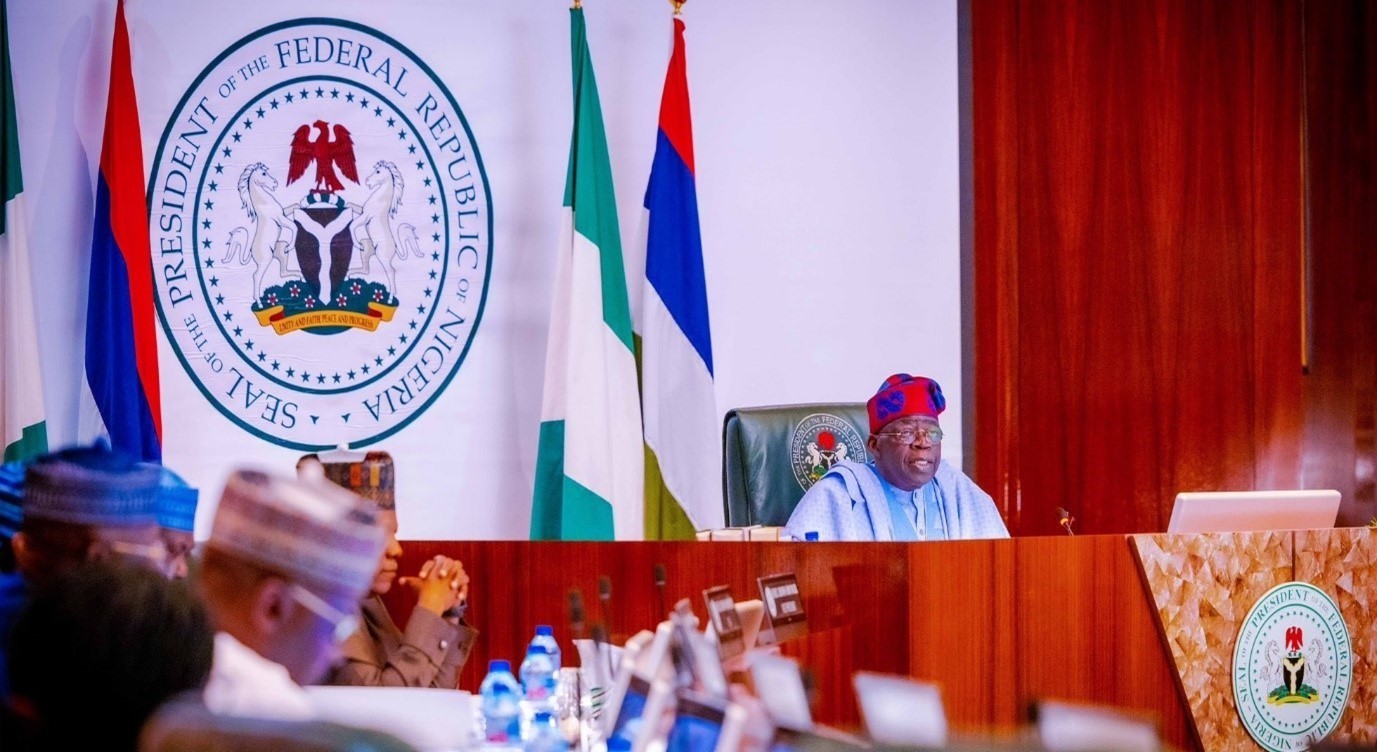Nigerian Senate Confirms President Tinubu’s Ministerial Nominees
August 15, 2023
INSIGHTS & OPINIONS

INSIGHTS & OPINIONS

Last week the Nigerian Senate confirmed President Tinubu’s ministerial nominees. A breakdown of the ministerial nominees is presented in the chart below. The north-west had the highest number of nominees with 10, while the south-west had 9. The north-east, north-central, and south-south all had 8. The south-east had the fewest nominations with 5.

The Senate confirmation is part of the constitutional requirements to certify the competence and capacity of nominees prior to their appointment as ministers. While the process last week is commendable as all nominees were publicly screened, there are several public and policy concerns that should be addressed in future ministerial nomination and confirmation processes. Below are some ways in which the Constitution could be amended to make the process more straightforward and equitable:
Finally, there should be parity in nominations and representation of nominees across all geopolitical zones. The North-west has twice the nomination allotment of the South-east. This gives room for regional sentiment of exclusion and a feeling of marginalization. The law should be amended to ensure parity in representation across all geopolitical zones to promote national unity.